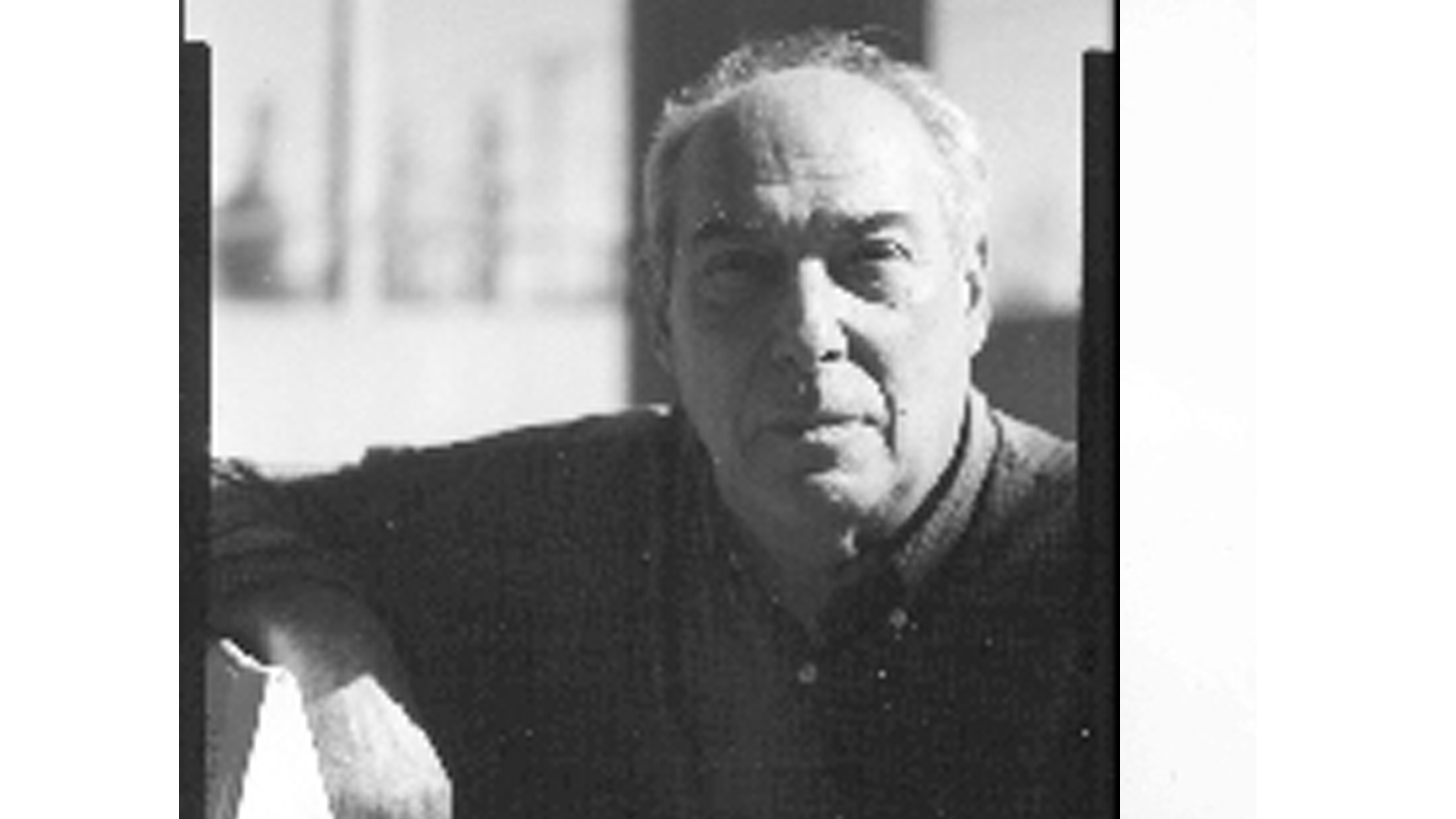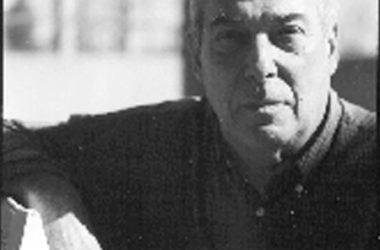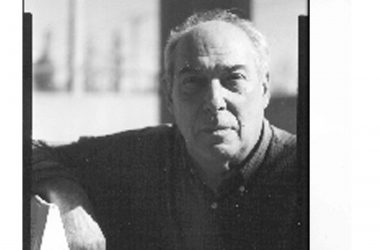By Noel Ignatiev
Following the August 1939 Hitler-Stalin Pact, the Communist Party strongly opposed the “imperialist war,” and Pete Seeger and the Almanac Singers made some great antiwar songs which were published in an album called “Songs for John Doe”:
Remember when the AAA killed a million hogs a day
It’s not hogs, it’s men today, plow the fourth one under
and another:
It was on a Saturday night, the moon was shining bright
They passed the conscription bill.
And the people they did say, many a mile a way
‘Twas the President and his boys on Capitol Hill.
Franklin Roosevelt told the people how he felt
We damned near believed what he said
He said I hate war, and so does Eleanor
But we won’t be safe ‘til everybody’s dead.
When my poor old mother died I was sitting by her side
A-promising to war I’d never go.
Now I’m wearing khaki jeans and I’m eating army beans
And I’m told that J.P. Morgan loves me so.
I have wandered over this land, a roamin’ working man
No clothes to wear and not much food to eat.
Now the government foots the bill, gives me clothes and feeds me swill
Gets me shot and puts me underground six feet.
Nothing could be wrong if it keeps our country strong
We gotta get tough to save democracy.
So though it may mean war we must defend Singapore,
This don’t hurt you half as much as it hurts me.
After the Nazis invaded Russia, the Party line changed and the Almanac Singers began beating the drums for war: “Did you have a friend on the good Reuben James?” When the U.S. entered the War they became patriots: “It’s gonna take everybody to win this war.” “Me and the landlord may not agree, but when a burglar breaks in you quit fighting with the landlord and throw him out. “ (Some missing words here, but the point is clear.)
He later stated (I think in his autobiography) that his stance between August 1939 and June 1941 had been a mistake. His heart was never in it, and he was happier when the U.S. declared War on the Axis Powers, the U.S and Russia were allies, and he could once again feel at one with prevailing opinion. I like his 1939-1941 view more than his stance after 1941, when the Party upheld the no-strike pledge (“quit fighting with the landlord”), opposed the 1942 Negro March on Washington Movement and the Puerto Rican independence movement (both of which undermined “national unity”), and kept silent about Japanese internment. (No doubt he came to regret the latter.) Even after he left the CP (around 1958), he remained what he had always been (with the exception of the twenty-two months between August 1939 and June 1941) a proponent of the Popular Front. In short, he was a “progressive” (or, as Alex Cockburn might have called him, a “pwogwessive”).
In an article on Counterpunch (http://www.counterpunch.org/2014/01/29/pete-seeger-before-pete-seeger/) Cancy Sigal writes about the antiwar songs. He recalls being “dragged before the leftwing bishops and commanded to shut my mouf because FDR’s ‘President New Deal’ had changed to ‘President Win the War.’ Overnight neither for love nor money could you find a trace of John Doe in any radical book or record store.” Sigal, more generous than I, suggests we “remember Pete before he became America’s folkie grandfather welcomed to the White House by presidents.”
A google-search for “Songs for John Doe” brings up the Almanac Singers, with Seeger’s inimitable banjo and vocal, performing “Twas on a Saturday night.” One of the commenters remarks that Seeger spent seventy years trying to live down that song. (In the late fifties at a concert I asked him to sing one of the antiwar songs. He declined, saying he didn’t know it.) Another (probably an old Schachtmanite) accuses Seeger of “slavish, bootlicking subservience to Stalin’s foreign policy line.” I can’t tell whether he is referring to the antiwar or the prowar songs – maybe both.
Seeger faced loss of livelihood and even prison for standing up for what he believed. He lent his voice and strength to many good causes over the years; and yet, even though I enjoyed his music and many of the songs he sang have become part of me, I cannot bring myself to join wholeheartedly in the celebrations of his life. Why? Because the standard I apply to those I take seriously is not simply their support for peace, civil rights, labor and the environment but their willingness to oppose the misleaders within those movements, and that, so far as I know, he never did. I guess some would call me sectarian.
(In 1999, when Race Traitor was helping to organize a commemoration of the birth of John Brown, I wrote to Seeger asking him to lend his name to the effort; he wrote back agreeing, but added that the movement needed a sense of humor, something John Brown lacked. I never knew what to make of that, and didn’t ask him what he meant.)



